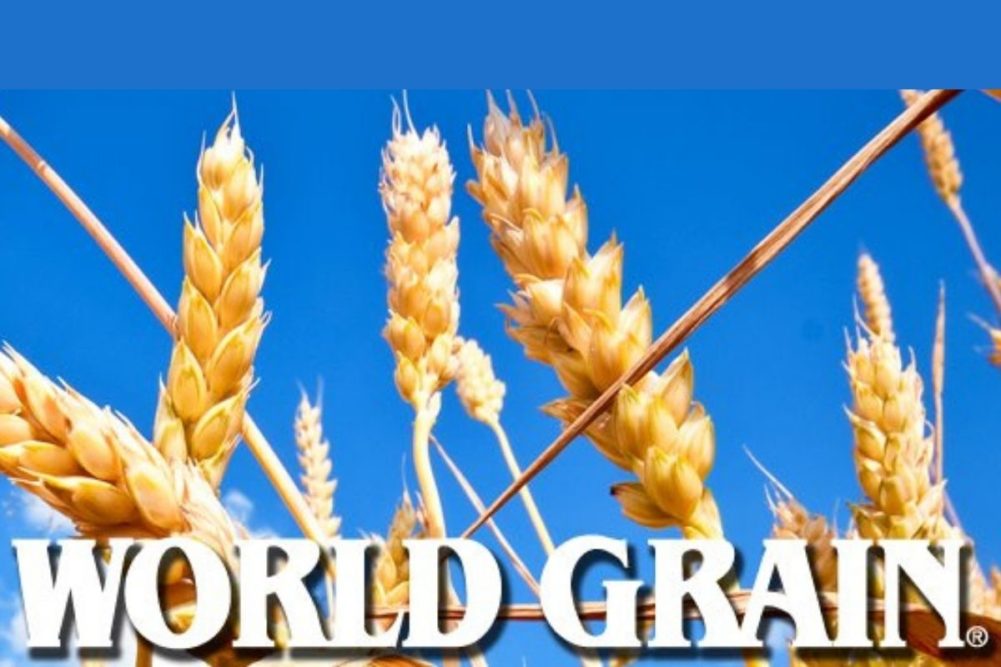 KANSAS CITY, MISSOURI, US – As the conflict in Ukraine teeters dangerously close to igniting World War III, the consequences of Russian President Vladimir Putin’s shocking decision to invade its sovereign neighbor on Feb. 24 are being felt far beyond the battlefield.
KANSAS CITY, MISSOURI, US – As the conflict in Ukraine teeters dangerously close to igniting World War III, the consequences of Russian President Vladimir Putin’s shocking decision to invade its sovereign neighbor on Feb. 24 are being felt far beyond the battlefield.
The price tag of this war to the interconnected global economy is staggering. NATO allies have responded to this unprovoked assault with a series of economic sanctions that have sent Russia’s struggling economy into an even deeper tailspin. The sanctions include the reduction or outright ban of Russian oil imports by the US and other NATO countries. This has resulted in historically high fuel prices that — in addition to soaring inflation that was already present due to supply chain problems stemming from the pandemic — are significantly impacting individual and corporate balance sheets worldwide.
But an even more unwanted consequence of Putin’s regrettable assault is its dire impact on the world’s grain markets, and in turn, global food security. Wheat supplies, which already were trending tighter before the war, are sure to plummet with two of the world’s largest wheat exporters engaged in a bloody battle. Countries that are traditionally dependent on Black Sea region grain supplies, such as Egypt, have banned exports to protect their domestic supply.
As for the two warring nations, Russia already was limiting grain exports before the invasion. Now, with Western governments cutting economic ties, you can expect the Kremlin to further reduce exports. As for Ukraine, its role as one of the biggest grain exporters has been diminished in the short term — and perhaps for the long term as well. Infrastructure critical to the cultivation and transport of grain has been damaged. A reduction in agricultural manpower is another concern as farmers are included among the 3 million refugees who have exited the country and those who have volunteered to fight against Russia. Also, if Putin’s forces achieve his objective to install a puppet, pro-Russian leader in Kyiv, one can assume the new government would adopt a more protectionist stance on grain trade than its free-trade predecessors. Besides wheat, Ukraine accounts for 20% of global corn exports and a whopping 80% of sunflower oil shipments, sending importers of those products scrambling for alternative suppliers.
As others have shunned Russia, China has remained its ally, even agreeing to import more Russian wheat this year to offset a historically small domestic crop. But because China is highly dependent on soybean imports — and Russia is not a major soybean producer — if it chooses to remain a Russian ally as the war grinds on, the US — China’s top soybean supplier — could choose to limit or ban exports to the world’s top soybean consumer.
These potential changes in trade flows also will impact the United Nations’ World Food Programme (WFP), which notes that since the pandemic began two years ago, the number of people facing acute food insecurity has more than doubled to 276 million. The war in Ukraine has hampered the WFP’s ability to provide food assistance, since 50% of its grain comes from the Russia-Ukraine area.
Even if the military conflict never spreads beyond the Ukrainian border — and let’s pray it doesn’t — the repercussions of Putin’s war will be widespread, negatively impacting the entire planet for the foreseeable future.
Arvin Donley is the editor of World Grain magazine.






